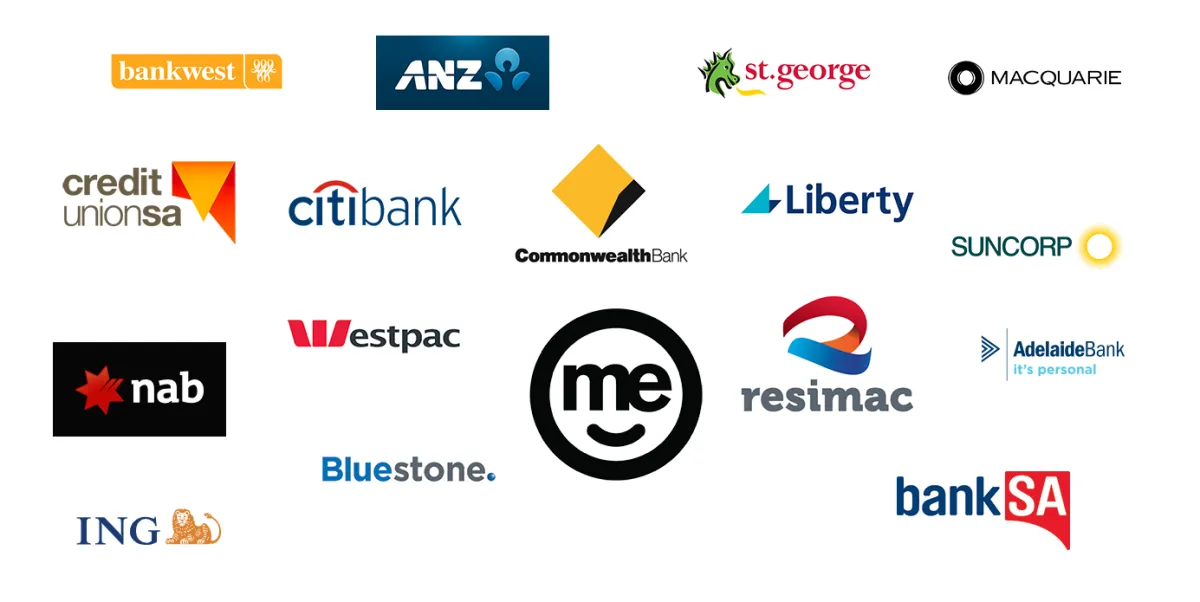
How Much Can I Borrow
How Much Can I Borrow?
5 min read time
By Ross McFarlane, Mortgage Broker & Wealth Creation Expert
Introduction:
Buying a home has always been one of life's biggest financial dreams. Sitting in your kitchen, looking out the back window, at a patch of lawn that you own. All the effort and hustle of working and saving, having paid off.
When starting on the road to home ownership, there are many factors to consider. 'How much can I borrow', is one of the big questions that come to mind. To rephrase, how much can I afford to buy for, is probably a more appropriate question. Getting a home loan from a Bank or Lending Institution involves a lot of compliance and a lot of steps. This is to ensure any finance that you do apply for, does not risk putting you or your family under any financial hardship. There are special calculations involved, to ensure the desired loan, or house purchase price, falls within an affordable range for your specific circumstance.
Here are 4 key factors for determining 'How much can I borrow'. We can then show you how to check your exact borrowing capacity.

When I was renting, the constant inspections was one of my biggest gripes! 👊
1. Income
Lenders, such as banks and credit unions, factor in a persons income to determine if future finance is affordable to repay. Otherwise known as servicing, to service a loan is simply to be able to service, or afford, to comfortably repay any financial obligations. A typical home loan can be anywhere from $250,000 to $1 million. It sounds like such a scary figure; it is therefore essential that the loan size is affordable for the person, or persons, to repay. The higher the income, the greater the borrowing capacity. If two applicants combine their income, they may have a higher purchase capacity, compared to if a single applicant was applying for a home loan.
-As a Mortgage Broker, yes I am here to help broker the loan between an applicant and a bank, but my number one priority is to ensure any future loan will not put someone into financial hardship. This is why the calculations for borrowing capacity and purchasing limits are so essential.
2. Debts and liabilities
Income against debts is a very simplistic, but accurate way, of determining how much someone can borrow when buying a home. If a persons income can cover all monthly expenses, including food, petrol, insurances, as well as any monthly debt obligations, the remaining funds must be enough to cover a mortgage. All debts must be factored in to this equation. This includes any HECS/HELP fees, credit cards, car loans, ZipPay, AfterPay etc.
3. Monthly Budget
Everyone has their own unique personal spending habits. I personally like to treat myself to a spicy, take away curry, once a month. When it comes to applying for a home loan, a persons spending habits may have an impact on how much a bank or lending institution, assesses a persons borrowing limits. If a person has low to moderate spending on recreational activities, such as restaurant dining, nights out, and clothes shopping, this can be viewed favorably. Banks will typically look at the last three months of bank statements to ensure adding in a mortgage to the household budget, is affordable. Once off expenses, like car repair, can be viewed as isolated spending.
4. Deposit Size
When it comes to preparing to buy property, one of the essential factors to consider is the size of the deposit you'll need to procure. Understanding how much money you should put down for a deposit is crucial, not only because it affects your loan-to-value ratio but also because it can influence the interest rates offered by lenders. A larger deposits means less of a risk to lenders, if you fail to repay your mortgage.
Want to check your exact borrowing capacity?
Lets schedule a time to chat!
This is for our phone booking calendar only. If you would like a Zoom/ Teams Meeting, or a face-to-face meeting, please contact our office for the request. Thank you.
👇
EXPLORE the right solutions
We would love to learn more about how we can help achieve your financial goals!
Get a partner in Wealth Creation, to help achieve your financial goals!
Schedule a time for us to chat
Learn about your financial options
Get recommendations to fit your goals
Work together to achieve this dream!
We work with over 70+ Lenders because achieving your property goal, is our goal
We work with over 70+ Lenders because achieving your goal,
is our goal







